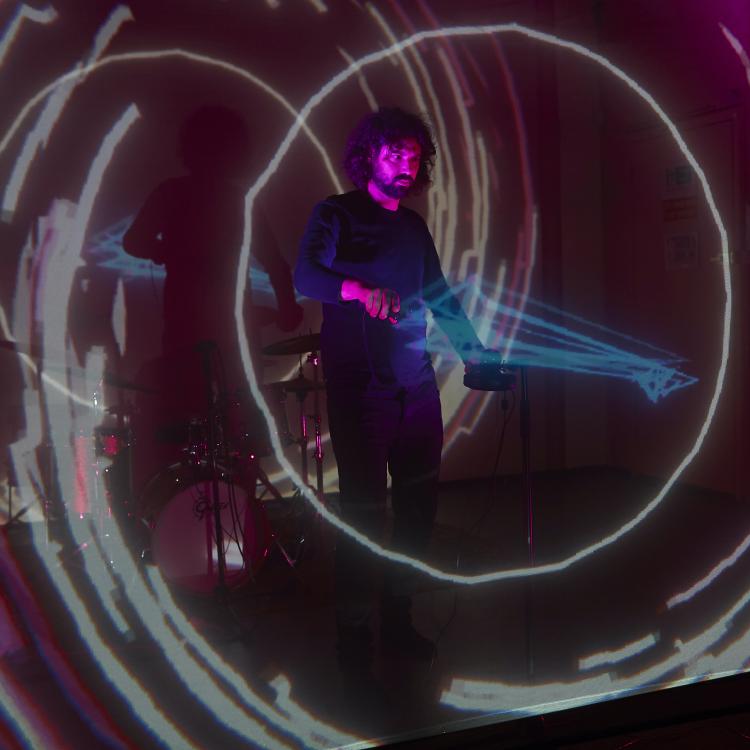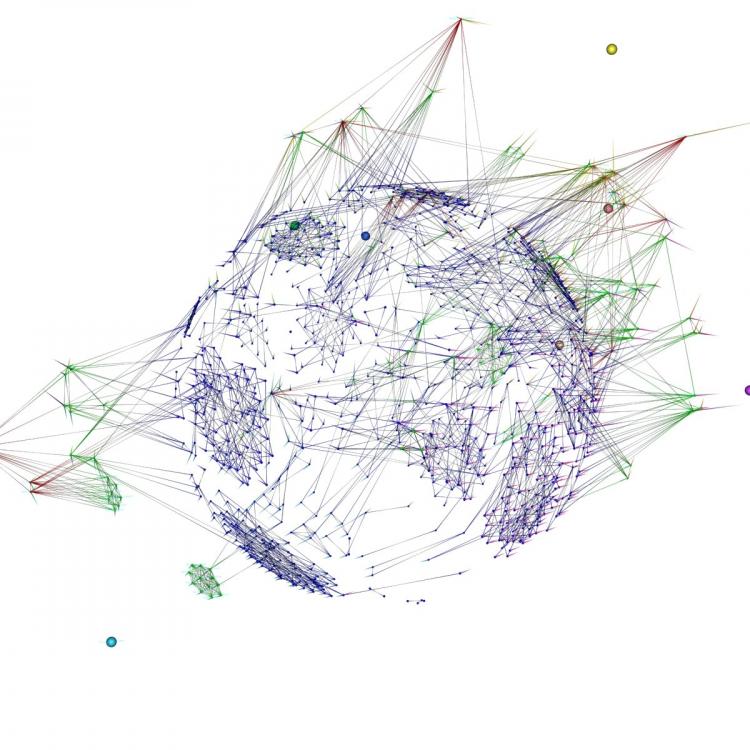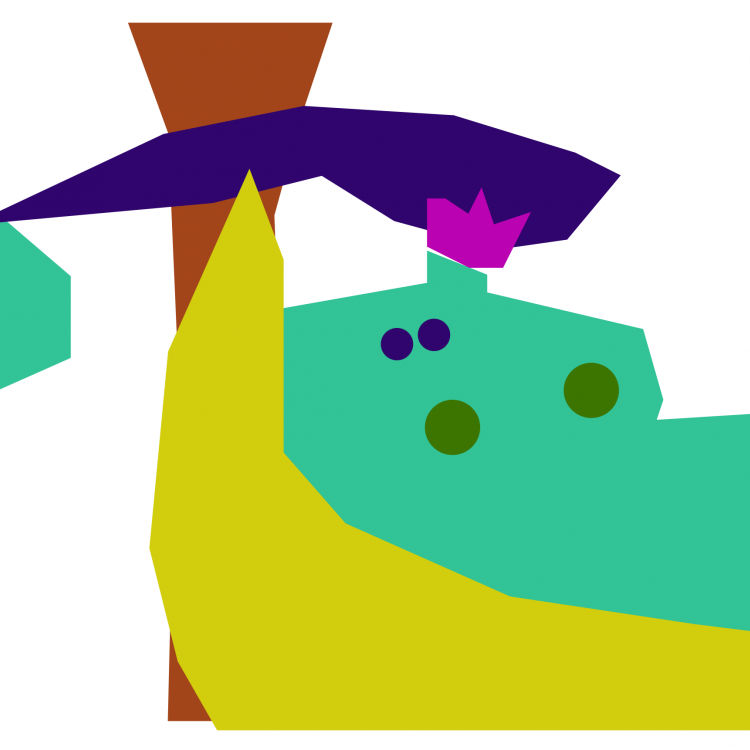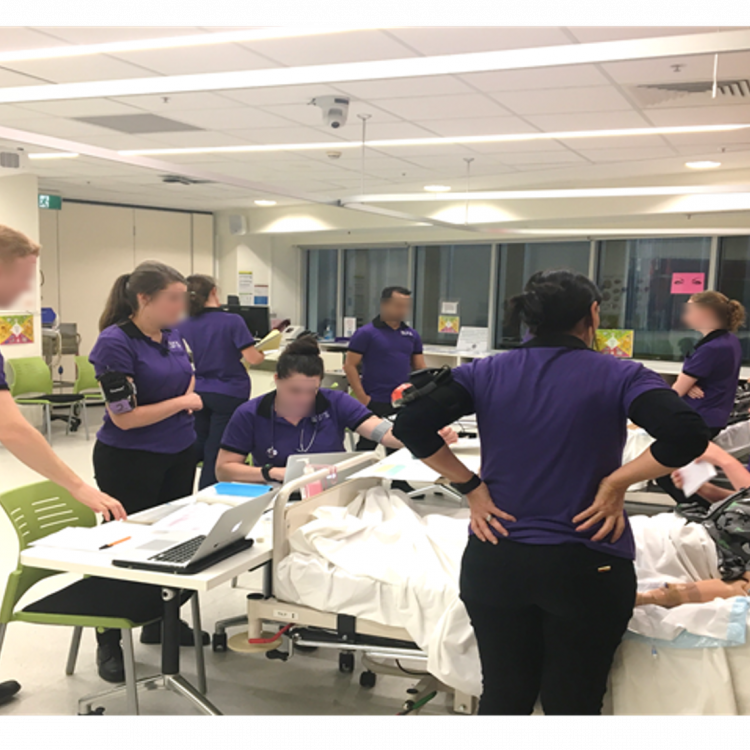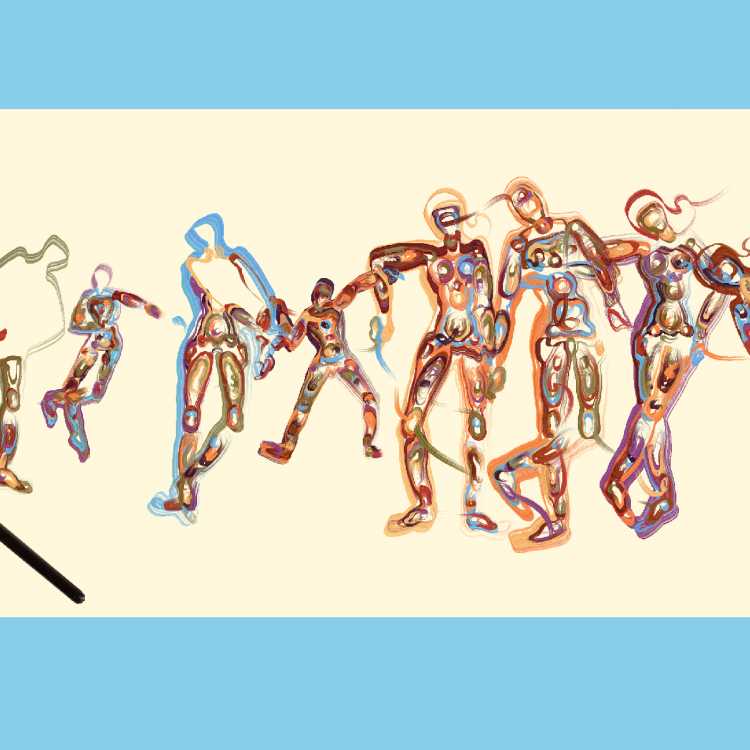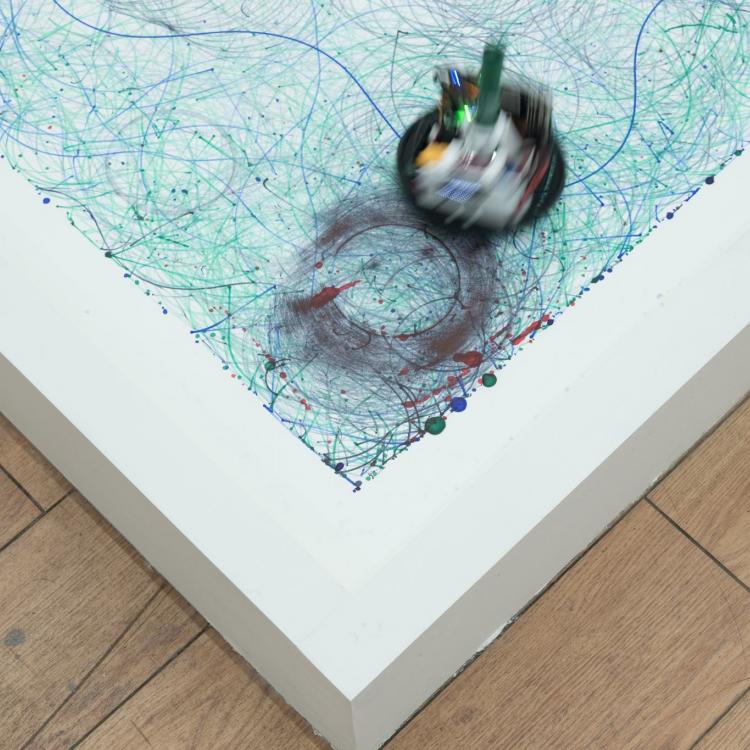This practice-based research involves further development of the AirSticks, a hardware/software package which allows the triggering and manipulation of sound and visuals in a 3D playing space, as a gestural instrument for live electronic music performance, music education and general health and wellbeing in collaboration with our interdisciplinary team at SensiLab. This can be done through new performances, new software or new hardware. How can we reinvent the connect between our bodies, our ears and our creativity, and what new applications for the AirSticks can be discovered?
Research projects in Information Technology
Displaying 31 - 39 of 39 projects.
Immersive Network Visualisation
We live and work in a world of complex relationships between data, systems, knowledge, people, documents, biology, software, society, politics, commerce and so on. We can model these relationships as networks or graphs in the hope of reasoning about them - but the tools that we have for understanding such network structured data (whether algorithmic analytics or visualisation tools) remain crude. Emerging display and interaction devices such as augmented and virtual reality headsets offer new ways to visualise and interact with data in the world around us rather than on screens. This…
Improving the usability of constraint-based layout for UI development in mobile apps
When designing user interfaces, developers want to be able to position objects in a structured way such that controls are clear and neat. In the past, absolute positioning and grids have been used for this purpose. However, such rigid layout doesn’t now allow adaptive layout for interfaces that run on a variety of screen sizes or that need different control sizes due to application being internationalised into foreign languages. For this reason, Apple introduced constraint-based GUI layout under the name Auto Layout for iOS developers. With Auto Layout developers specify constraints…
Reimagining digital publishing for technical documents
Digital versions of technical documents, like textbooks and academic papers, are usually produced as static PDF files. Research has shown that working with these on electronic devices is frustrating and inefficient, partly because people do not read such documents in a linear fashion as they do novels.
Automatic Generation of Graphics for People Who Are Blind
This PhD project will investigate how existing book contents (text and graphics/animations) can be automatically translated into accessible eBook formats with minimum human intervention. It will be part of the Books for the Vision Impaired and the GraVVITAS frameworks (www.monash.edu/it/inclusive-tech). The project will employ computer vision, image processing and human computer interaction techniques. It may also include hardware development of wearable assistive devices that use audio and haptic feedback.
Data Storytelling with learning data
I am seeking PhD candidates interested in working on designing Learning Analytics or similar reflection interfaces that automatically highlight design elements of data visualisations and generate narrative to communicate insights (instead of just plotting data).
Teamwork Analytics
I am seeking PhD candidates interested in designing and connecting Multimodal Learning Analytics solutions according to the pedagogical needs and contextual constraints of teamwork occurring across physical and digital spaces.
The Ethics of AI Art
In recent years, AI techniques such as GANs and associated deep learning neural networks have become popular tools applied to the production and creation of works of art. In 2018, AI Art made headlines around the world when a “work of art created by an algorithm” was sold at auction by Christie’s for $432,500 – nearly 45 times the value estimated before auction.
Teaching Robots to Draw
We normally think of drawing as an (almost) exclusively human activity. The idea behind this research is to explore the concept of post-anthropocentric creativity. We want to understand what art made by an autonomous, non-human intelligence might look like, and if artificial systems can exhibit what we recognise as creative behaviour. This behaviour and the drawings produced might not be the same as what humans would do.
